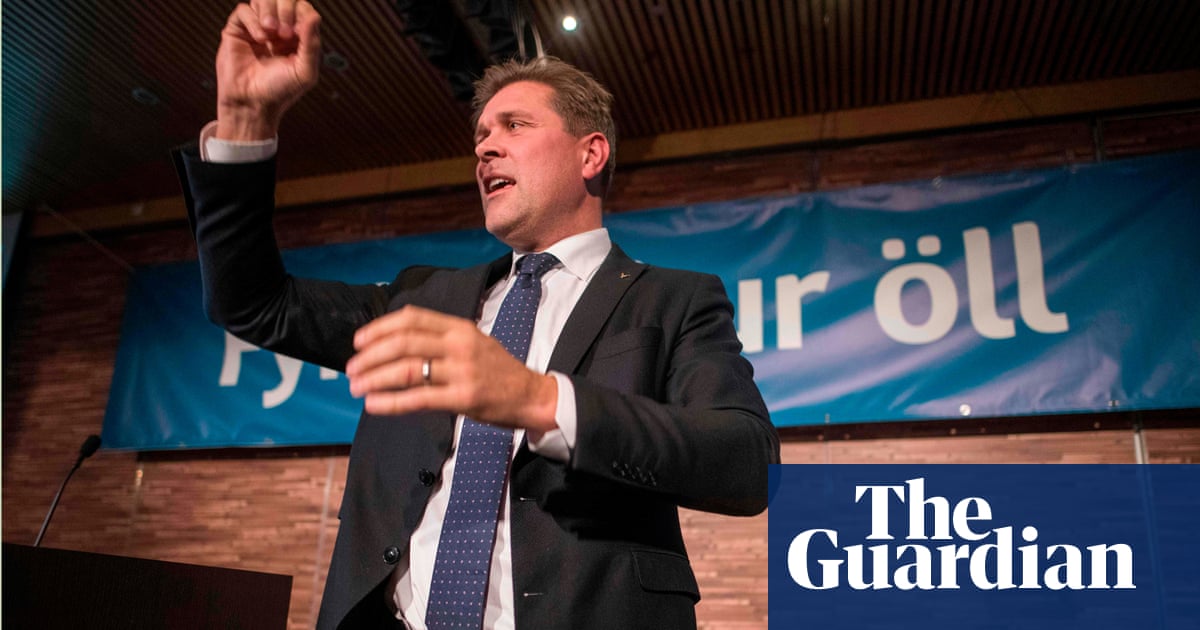
The former Oldham and Lincoln forward Maheta Molango has been chosen as the next chief executive of the Professional Footballers’ Association, replacing Gordon Taylor who is to step down after 40 years in the role.
The surprise decision was confirmed on Tuesday after a recruitment process conducted by an independent advisory panel selected the Swiss national ahead of a group of candidates that included the PFA’s current chairman, Ben Purkiss.
Molango started his career at Atlético Madrid – though he never made a senior appearance for the club – before spending three years as a player in England 15 years ago. After his retirement he retrained as a lawyer before being appointed as the chief executive of Real Mallorca in 2016. Molango oversaw two promotions and a return to the Spanish top flight in his four years at the club, before he was sacked from the role last year after a string of bad results in La Liga.
Molango is understood to have been considered the outstanding candidate in the application process and the PFA confirmed the appointment in a brief statement. “In conjunction with an external recruitment agency, the Advisory Panel has led an independent and transparent search for the PFA’s next chief executive”, it said. “The PFA players’ board unanimously approved the proposed candidate, and the PFA will now look to finalise terms and formalise the appointment.”
At the age of 38, Molango will now lead one of the most powerful bodies in English football. He will also become one of the most senior black figures in the game. His appointment follows concern among black players and members of the PFA that not enough had been done at the beginning of the recruitment process to ensure diversity among candidates for the job.
Molango will take charge of an organisation under scrutiny by the Charity Commission, which is conducting a statutory inquiry into the PFA’s charitable arm amid “serious concerns” over the way it has been run. The union has also been criticised by campaigners for not doing enough to support members who have gone on to suffer from dementia and other neurodegenerative diseases.
In recent months, the PFA has found itself at loggerheads with football’s governing bodies too; first over proposed cuts to players’ wages during the Covid-19 crisis and then over a salary cap in the Football League, which the PFA successfully overturned in court.
Perhaps the biggest challenge facing the former Brighton striker, however, will be that of steering the union into an era without Taylor, the man who dominated the organisation for a generation. A controversial figure, whose £2m salary became a figure readily cited when the PFA was under pressure, he also helped to change beyond recognition the conditions under which his members worked, and the terms under which they were remunerated.
Taylor will step down from his role at the end of the season.












